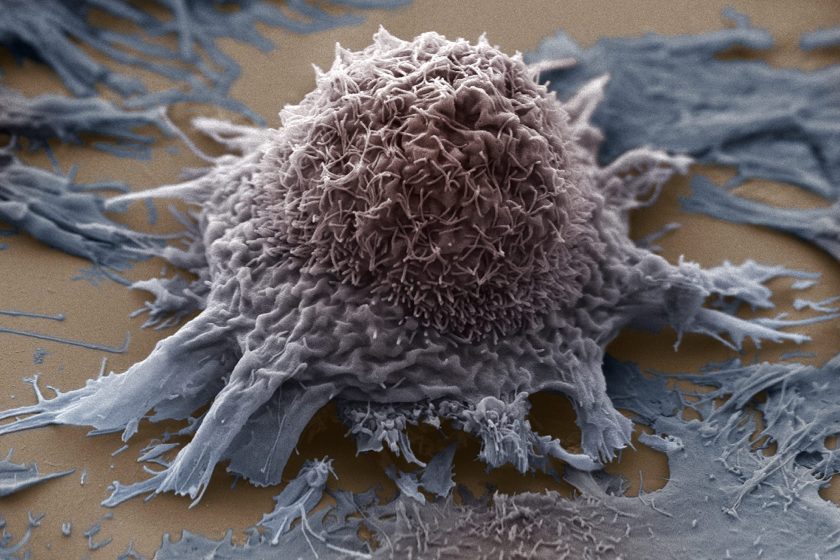
Beating the United States to the punch, a team of Chinese scientists from Sichuan University in Chengdu has become the first to use the CRISPR-Cas9 technology on a human being. As part of a clinical trial at the West China Hospital, also in Chengdu, a patient with aggressive lung cancer was injected with cells containing the modified genes.
The group of researchers, led by oncologist Lu You, extracted immune cells from the patient’s blood and used CRISPR to disable a gene that helped cancer spread by suppressing the cell’s immunity response. The patient responded well to the first treatment, and will receive a second injection. Scientists plan to treat 10 people as part of the trial, dosing them with two to four injections each.
Carl June, the scientific advisor for the first planned CRISPR trial in the United States, believes China’s trial will spark a biomedical arms race between the two superpowers. “I think this is going to trigger ‘Sputnik 2.0’ … which is important since competition usually improves the end product,” June told scientific journal Nature. The first American trial with CRISPR will start early in 2017.
For more information on the significance of the trial, read the full Nature article here. For some background information on CRISPR-Cas9, watch the video below. You can also learn about its application in the fight against Malaria and other mosquito born diseases here.
This article was featured in the InsideHook newsletter. Sign up now.